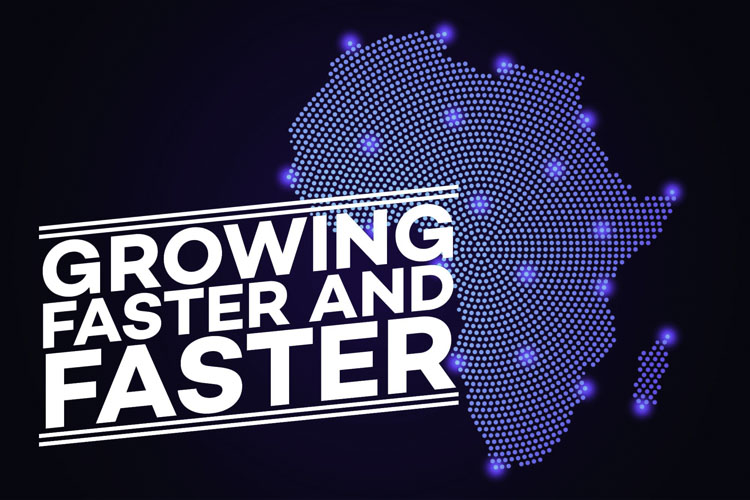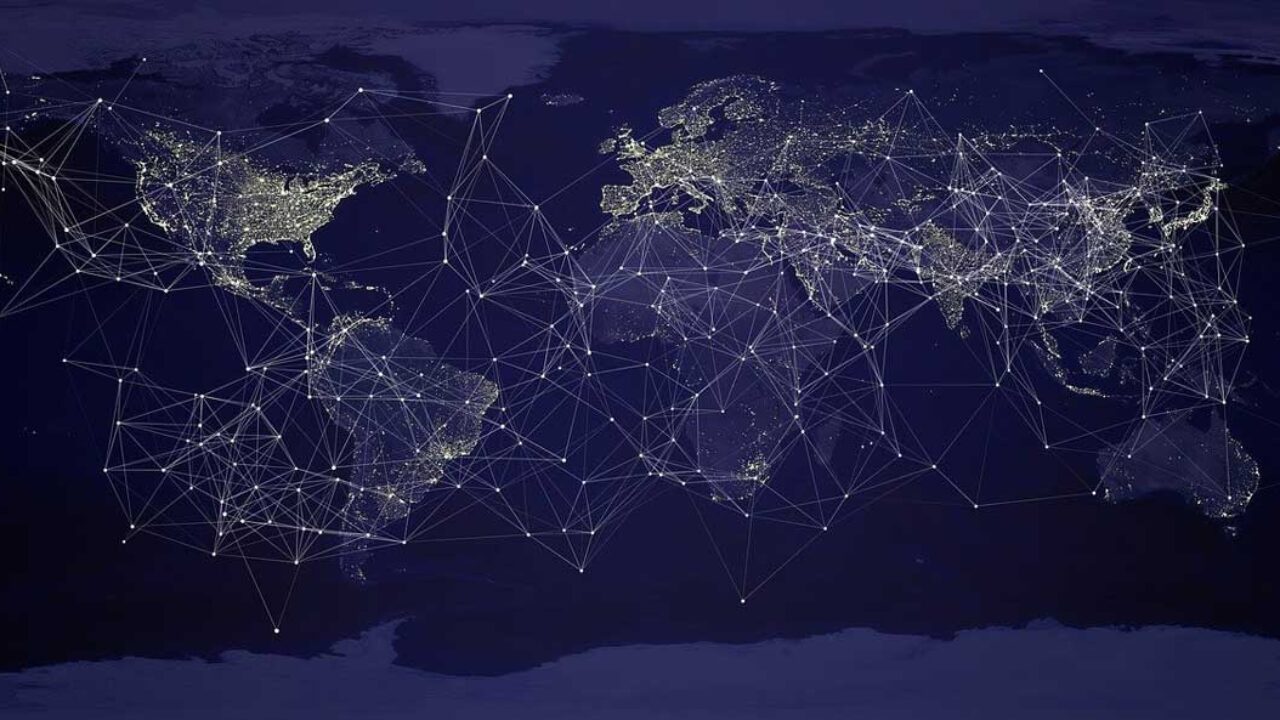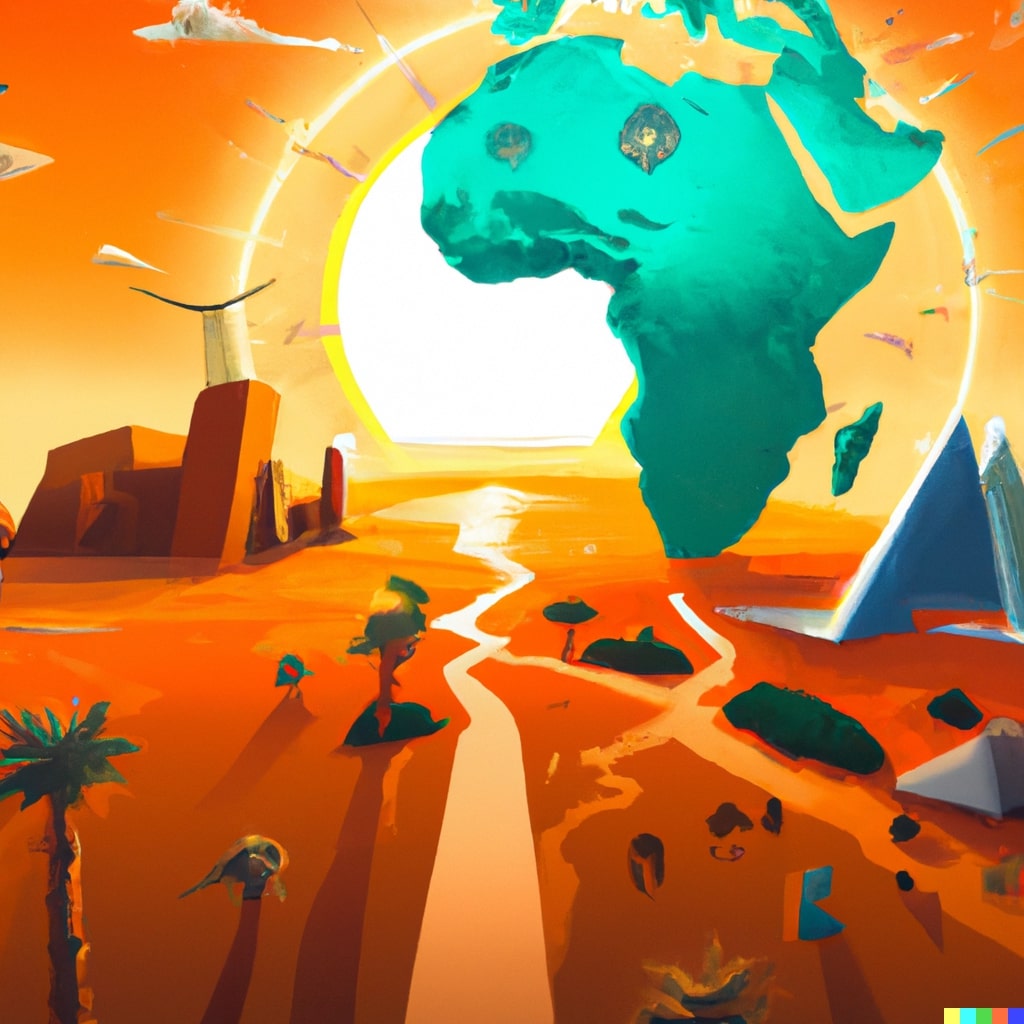Africa is rising as a big player in the global economy
Africa is experiencing a major change enabled by an accelerated technological transformation and demographic shifts, plunging into a socioeconomic and structural revolution. Together with increased political stability and new continental trade policies, the African economies are boosting the continent into a big player in the global economy.
This blooming evolution that has taken place in the last two decades, has flipped the interest in foreign direct investment trends. For the last hundred years, global investors came to Africa for the extraction and export of natural resources, but now they come for its promising future.
Also, countries in the rest of the world located in the Global South, due to more development, have higher labour costs which suggest that in the future consumer markets results will have lower benefits in the long term.
New free trade continental treaties and more political stability
The investment evolution in Africa had a dramatic increase after the end of the Cold Ward in the 1990s when the improvement in governance and stability began. Since then, democratic institutions gradually have been established and recognized.
These democratic transitions are recent and fragile, with countries advancing at different paces. But in a general picture, they imply that progressively fewer people live in extreme poverty
This new environment of stability is reflected in continental economic treaties, such as the African Free Trade Area (AfCFTA), which presents a great opportunity for African countries and foreign companies. The AfCFTA was established in 2018 as the largest free trade area in the world after the World Trade Organization, by which:
A total of 54 African countries with a combined GDP of 3.51 trillion euros, comprising 1.3 billion people agreed to create a free trade zone
Up to 30 million people could be lifted out of extreme poverty, if significant policy reforms and trade facilitation measures succeed
Another 68 million people who live on less than 6 euros a day, would see their income increased
The trade facilitation measures could drive 450 billion in potential income gains by 2035
A young growing workforce
The fastest-growing population in the world is Africa, implying that in 2050 one in four global citizens will be African. This growing population is also very young, with an average age of 18,8 years. It is expected to increasingly concentrate in urban areas, as Africa continues growing and opportunities keep on arising in its major cities.
This blossoming young workforce will be endorsed by a fast-growing middle class, with trillions of euros in purchasing power in the coming decades. This is a great opportunity for African countries and foreign investors, to work together into shaping a transformation on the continent that provides prosperity and equitable growth for all.
Africa is in the brink of a tech explosion
Across the continent, the internet-based economy is thriving. In the last ten years, several African countries have performed sustained growth in internet-driven GDP (iGDP), which doubled from 1,5 to 3 % since 2012.
There are countries in which these trends have acquired an especially accelerated trajectory. It is expected that in 2050, the share of the economical growth generated by the internet (iGDP) will boom with figures such as:
A 6 % in countries such as Morocco, Senegal, and South Africa
Others such as Ghana, are expected to reach 4% to 5 %, comparable to Brazil
In the big picture, the internet economy could contribute 733 billion euros to the African continent by 2050. Together with new free trade policies and the reality of a young growing workforce, could mean a great opportunity for companies making business in Africa.



